Genome editing - technologies that will irrevocably change the world
Categories: Science
By Pictolic https://pictolic.com/article/genome-editing-technologies-that-will-irrevocably-change-the-world.htmlImagine a world populated only by smart, healthy, beautiful and talented people. It all seems fantastic, but it's quite real. Science has already come close to technologies that will help realize this scenario and many others, no less incredible. The secret lies in the DNA. If you rebuild it, you can create perfect people, animals and even plants.
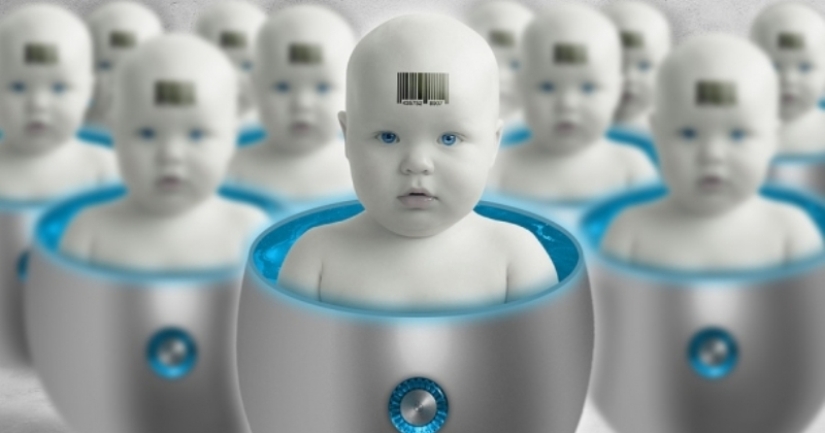
Not so long ago, the news spread around the world media that the first genetically modified babies were born in China. Conception took place artificially, and the donor of biological material was a carrier of HIV. Babies could also have been born with this disease, but they are perfectly healthy. Thanks to CRISPR technology, they have become immune to the virus. Scientists simply turned off the gene that made people susceptible to this infection while they were at the embryo stage.

CRISPR technology is real and allows you to change a person's DNA by disabling or, conversely, including certain genes. This is a very expensive procedure, which not every rich person can pay for. The possibilities of DNA editing were discovered back in the 80s. Then scientists found a protective mechanism that protects bacteria from dangerous viruses. It soon turned out that it could work for people as well.
Dozens of reputable institutions in different parts of the world were simultaneously engaged in decoding the genome. There were two of them on the front line: The Broad Institute in Massachusetts and the California Institute in Berkeley. Their scientists were the first to apply for patents, almost simultaneously. After that, a long-term war for the right to be the first began.
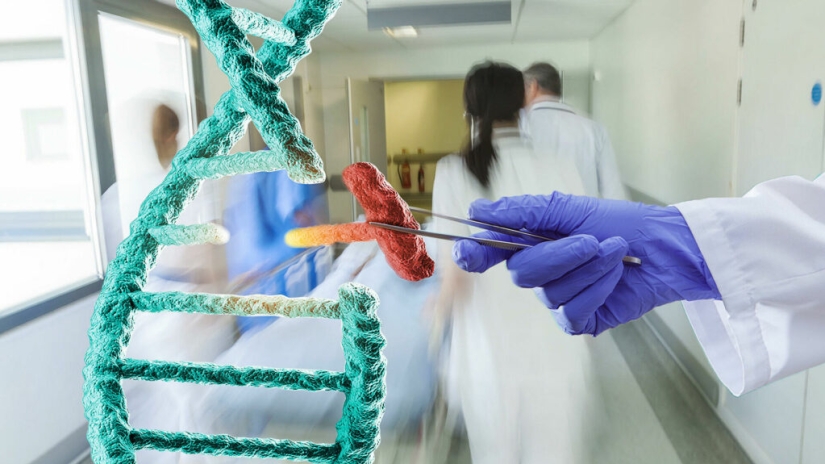
Institutions spent millions of dollars on lawyers and it wasn't about prestige at all. Whoever owns the right to this development will be able to earn fabulous sums. As the importance of CRISPR technology for humanity grows, the number of zeros in profit figures will only grow.
The Broad Institute from Massachusetts won the fight. Now he is investing huge sums in genome research and one big discovery after another is coming to light. In parallel, they continue to work on this task in other countries, including Russia. The ability to turn off the genes responsible for certain diseases is too tempting to ignore.
It is worth saying that the first GMO children could well have been born in Russia. Our scientists came to this before their colleagues from China, but simply did not do it.
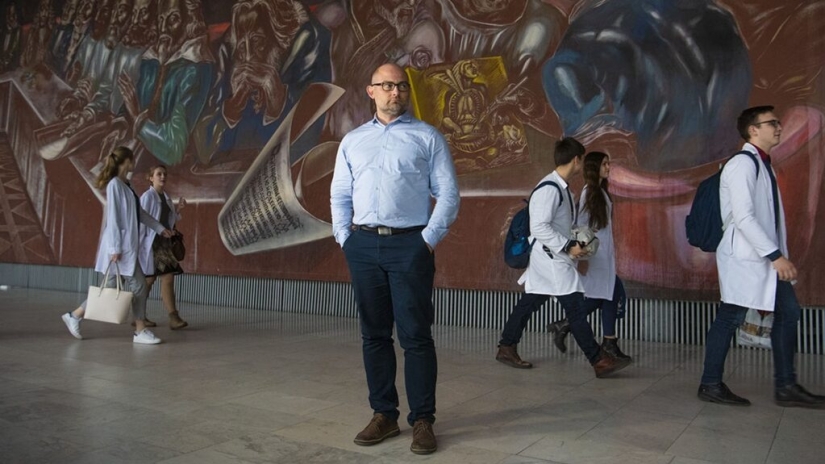
This is how the geneticist Denis Rebrikov described the situation in an interview with Republic. As we can see, we are not even talking about the ethics of such experiments, but about safety. What did the scientist mean and what dangers lurk on the way to the creation of superhumans?
It is difficult for a person uninitiated in the numerous subtleties of genetic engineering to explain the essence of the technology. Professor Sandy Makra, president of the biotech company Sangamo Therapeutics popularly described her as:
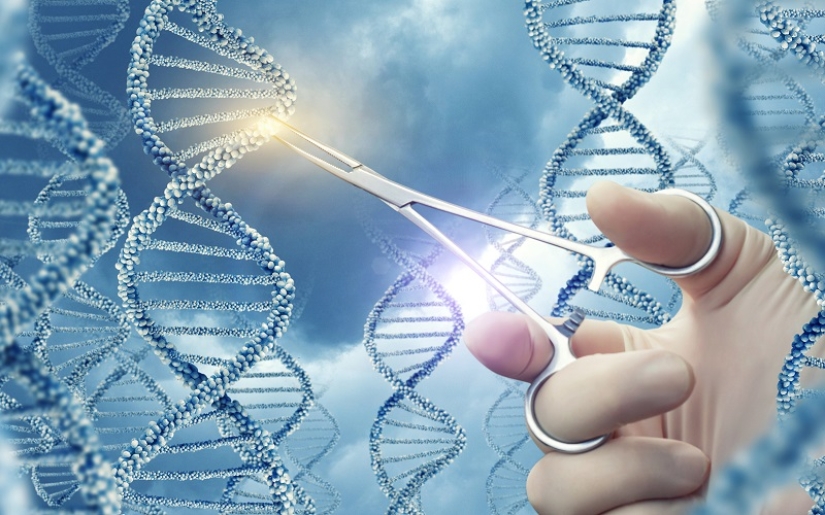
CRISPR technology can no longer be called completely raw — it works and even saves lives. In 2017, a DNA editing operation was performed on Brian Madew, a 44-year-old cook. The man suffered from Hunter's disease— a severe congenital ailment. This is a hereditary lesion of the metabolic system, leading to irreversible damage to organs.
At the time when Madew fell into the hands of geneticists, he already had problems with vision, hearing, joints, gallbladder and intestines. DNA editing did not restore the affected organs, but stopped the process slowly killing the patient.
We can say that Brian was lucky twice. With his disease, they usually die in adolescence. He was able to live to 44 years old, however, having survived 26 complex operations. In order for Hunter's disease to develop less rapidly, he injected a very expensive drug all his life. The second luck was that a simple cook, who would never have raised money for such treatment, became a participant in the project and was operated on for free.
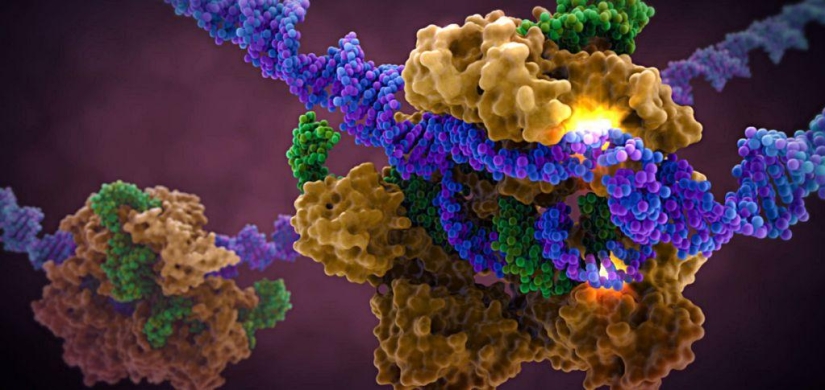
It all sounds beautiful and even inspiring, but in fact there are a lot of risks. Every time scientists tamper with DNA, they are playing with nature. It is impossible to foresee all the risks, so while such operations as Madew did are very rare. Denis Rebrikov says this about this:
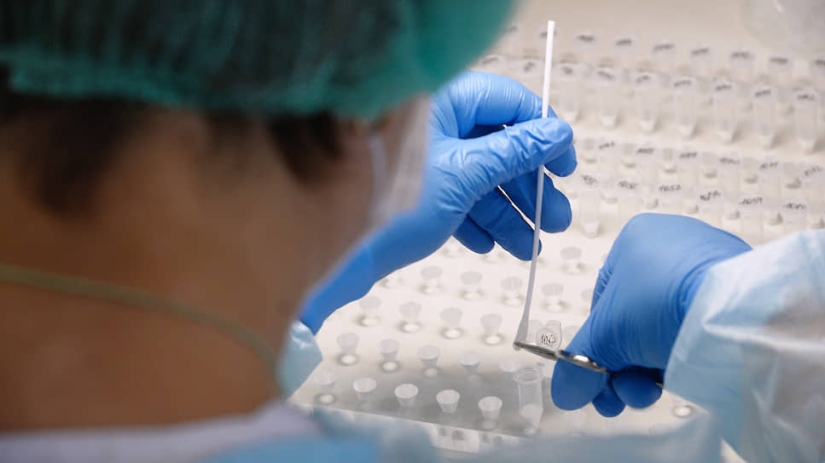
First of all, the CRISPR method is planned to treat hemophilia, leukemia, cystic fibrosis. But later it will be possible to fight with its help with other ailments, the list of which is huge. But for now, the risk of harm is too great. There have been cases when scientists "sewed" a DNA fragment into patients, hoping to cure them of the disease, but instead the patient developed leukemia. By interfering with the DNA structure, geneticists accidentally activated a cancer gene.
The ethical basis of CRISPR also remains relevant. Who can guarantee that an expensive procedure will not divide people into two races in the future? One of them will be healthy, rich, and possibly immortal. And the second one will remain ordinary people with their illnesses and sorrows. Does it look like the plot of a dystopian movie? But this cannot be ruled out, because a few decades ago, what scientists are doing now also seemed impossible.
In China, genetically enhanced children have already been born. In this country, it is much easier to treat some ethical issues. But in most other countries capable of such a breakthrough, they are in no hurry precisely because of the moral aspects. Even information about a successful experiment in the Middle Kingdom is not in a hurry to convey to the masses. The publications Science and Nature decided not to publish the results of the experiments of Chinese geneticists from Sun Yat-sen University in Guangzhou.
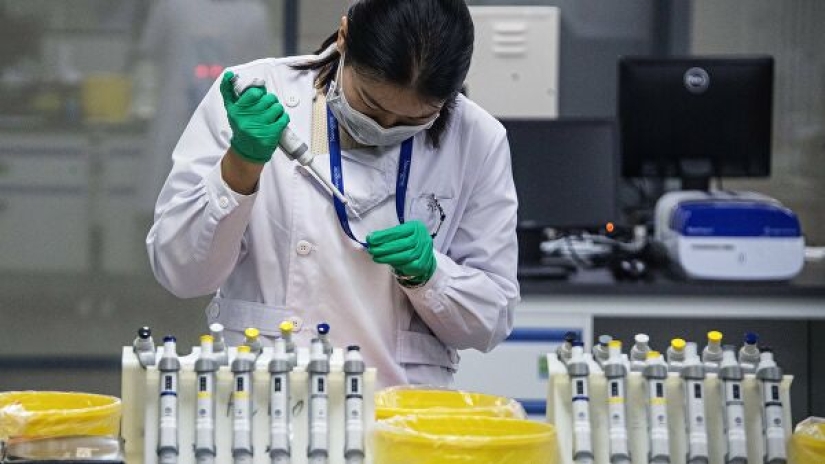
The reason for this attitude is simple - genetic experiments on embryos are prohibited both in the United States and in the European Union. Reputable experts say that these restrictions are temporary. And then, perhaps, humanity will become happier or… Stephen Hawking, shortly before his death, predicted that genetic modifications would still divide people into the first and second class.
Thinking about the future, where DNA is edited, can be endless. It is quite possible that new, yet unknown ways of monetization of medical services will appear. And what, for example, if low growth is adjusted by subscription? A person will be able to grow at any time, but if he does not pass the next paid procedure, the achievement will be canceled. From such fantasies it becomes a little sad. At the same time, it should not be excluded that the shadow side of this business will also appear, which is not controlled by the authorities!
But the prospects that open up are still so tempting that they will not be rejected. What is the opportunity to get immortality worth. Geneticist George Church is sure that sooner or later science will come to the point that it will be able to create cells that do not know aging and are not afraid of viruses. People will stop being afraid of old age, cold, heat, diseases and even radiation. Church believes that this is not a distant prospect. Scientists will be able to create such superhumans in 10 years.

But here, ethics and law can again get in the way of geneticists. George Church speaks of old age as a disease. But if we look into the International Classifier of Diseases, we will not find "aging" there. And this means that it is forbidden to develop medicines for old age. We will have to make changes, not only to the classifier, but also to the laws of many countries.
But even if they do not fight with old age, no one will forbid extending life for many years and making it healthy and pleasant. Even defeating dementia can make the world a much happier place. Only for the sake of this it is possible to support scientists in their difficult and very necessary work.
Recent articles

It's high time to admit that this whole hipster idea has gone too far. The concept has become so popular that even restaurants have ...

There is a perception that people only use 10% of their brain potential. But the heroes of our review, apparently, found a way to ...

New Year's is a time to surprise and delight loved ones not only with gifts but also with a unique presentation of the holiday ...